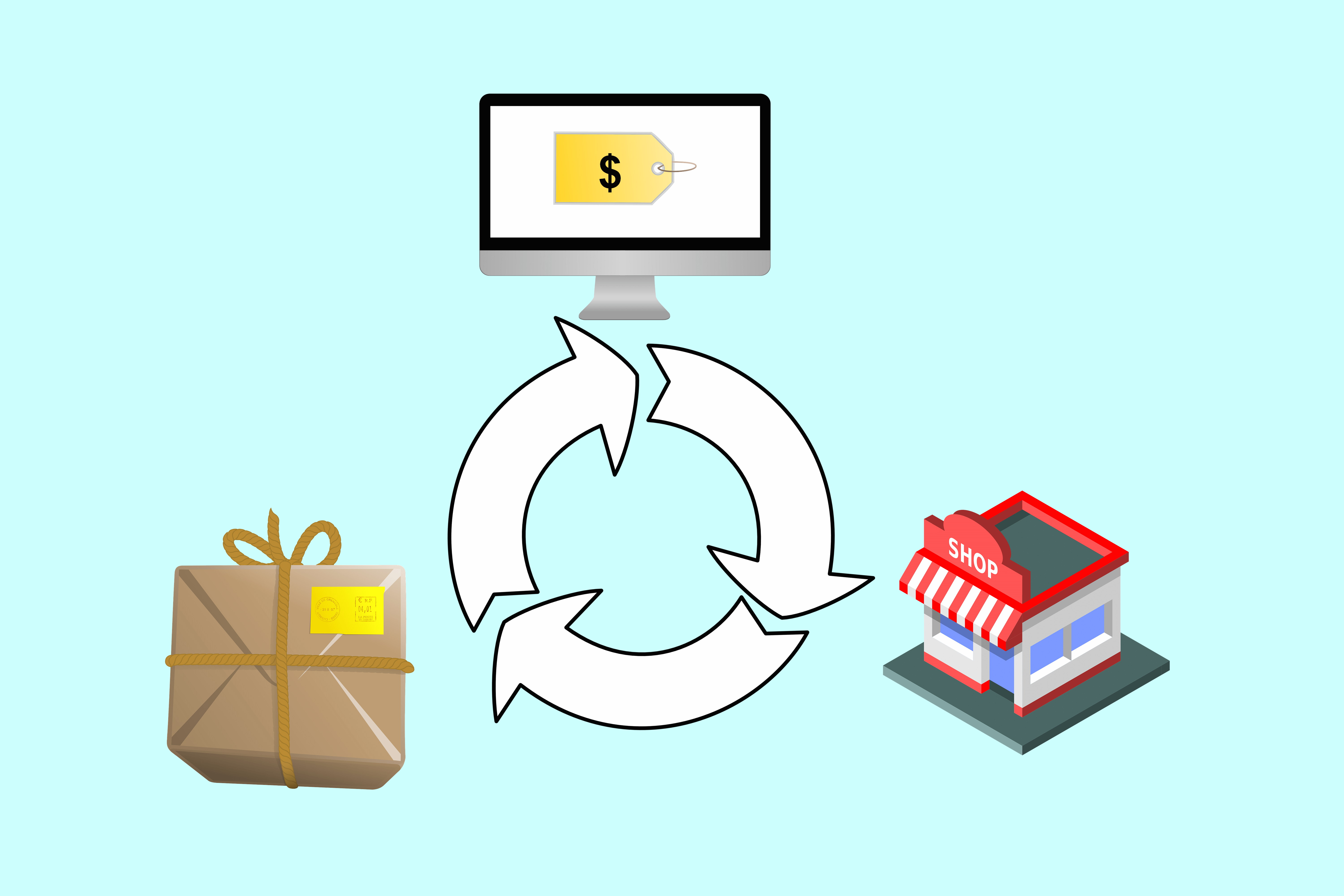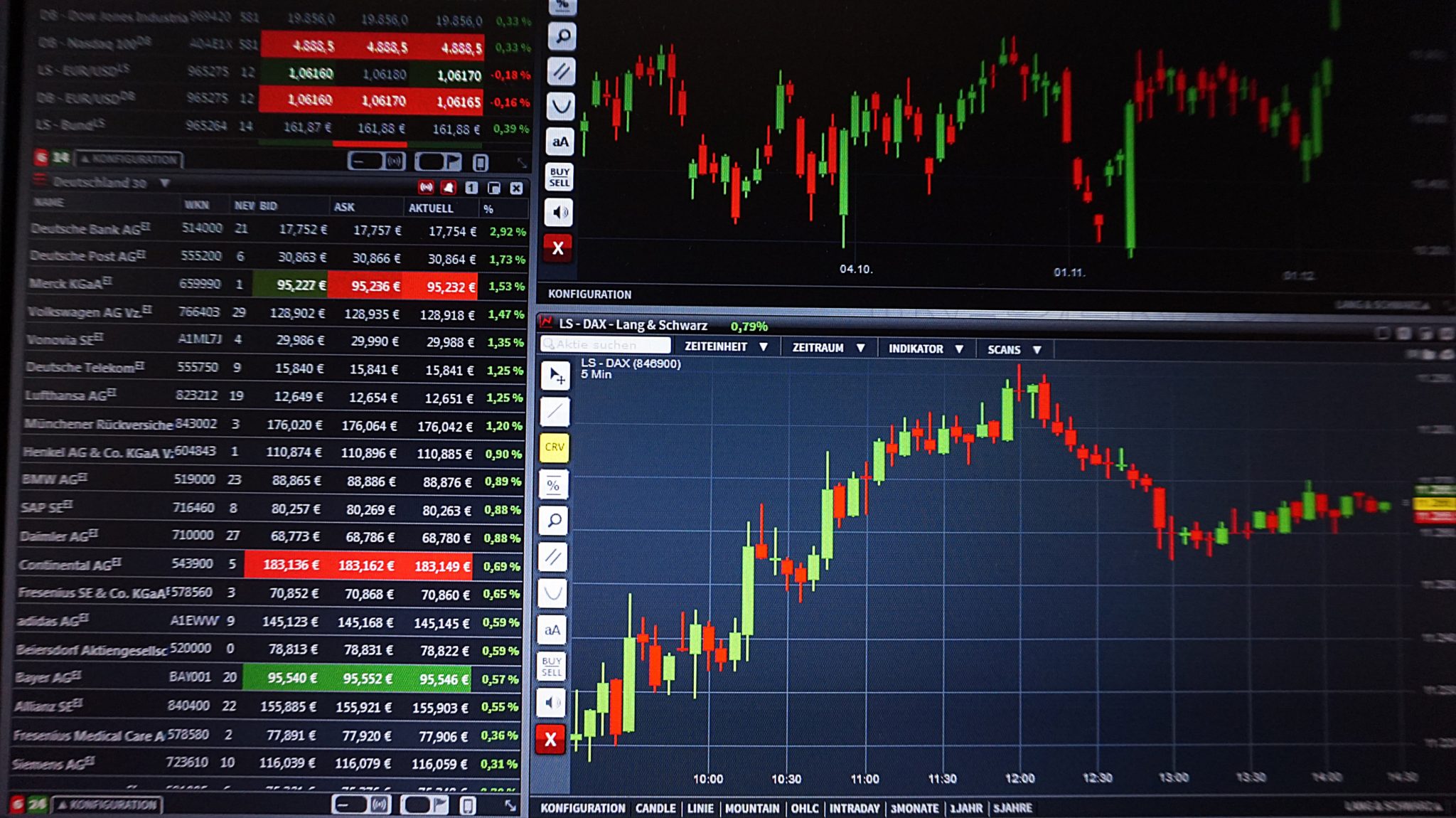Twenty-some years ago, there were no tags. The Internet was in its infancy, digital transactions and interactions a pipe dream and Big Data was still actually little. Today, though, tags reign as multi-purpose tools to manage your online content and much, much more.
Tags essentially are a means of defining and differentiating data. Used in a marketing/advertising context, they collect information about visitors to, say, an e-commerce website, and how they behave, sending it back to the originating platform for further analysis and action.
More generally, tags are an important way to structure the content for usability and SEO. Think header tags, which separate sections of content on a website and establish visual hierarchies. As marketer Aleh Barysevich writes in Business 2 Community, that’s important for calculating your page rank.
For bloggers, he adds, blog post tags can help organize posts within a content management system and are less important for SEO than for semantic optimization.
But it’s e-commerce where marketers have become creative with tags and their functionality. It’s tags that enable a brand to “follow” consumers with messaging once a site has been visited or an ad clicked on. And as today’s twist on e-commerce of peer-to-peer selling or social marketplaces grows in importance, tags are keeping pace.
Patrick Mackaronis, the founder of Brabble, notes that the “marketplace” function on social platforms like Facebook (and Brabble, too, for that matter) represents an environment for transactions that is transparent, easy and frictionless. As a result, he adds, that’s turned the global online classified market into a big business, now at the $100 billion marks, but poised to shoot past $1 trillion in the not too distant future.
“It’s also driven the need for a new type of tag, one that meets the needs of the individual seller versus the brand’s marketing and advertising teams,” Pat Mackaronis notes.
Macaroni’ Brabble has responded to the need by patenting what they have branded *Star Tags. These tags are in many ways more versatile than standard tag technology, he says. They are designed to facilitate how a seller showcases products being sold in social marketplaces and how they’re purchased, through programmable links embedded into the digital content.
Mackaronis says: “*Star Tags stay native to a post, and can be shared infinitely across the social web as well as with eCommerce platforms.”
*Star Tags perform like tags on e-commerce sites, tracking data behind each transaction – like amounts of money being spent on particular types of products. They give social sellers the same kind of power as big brands to understand their buyers and target them more effectively.
With the input of Logica, the leading tech firm with which Brabble has partnered, the *Star Tags technology will be built out. Mackaronis is expecting the two organizations to use the technology as a basis for future direct partnerships and revenue programs with companies that want to make their online sales and marketing campaigns work harder – and more effectively.
Read Also :






















